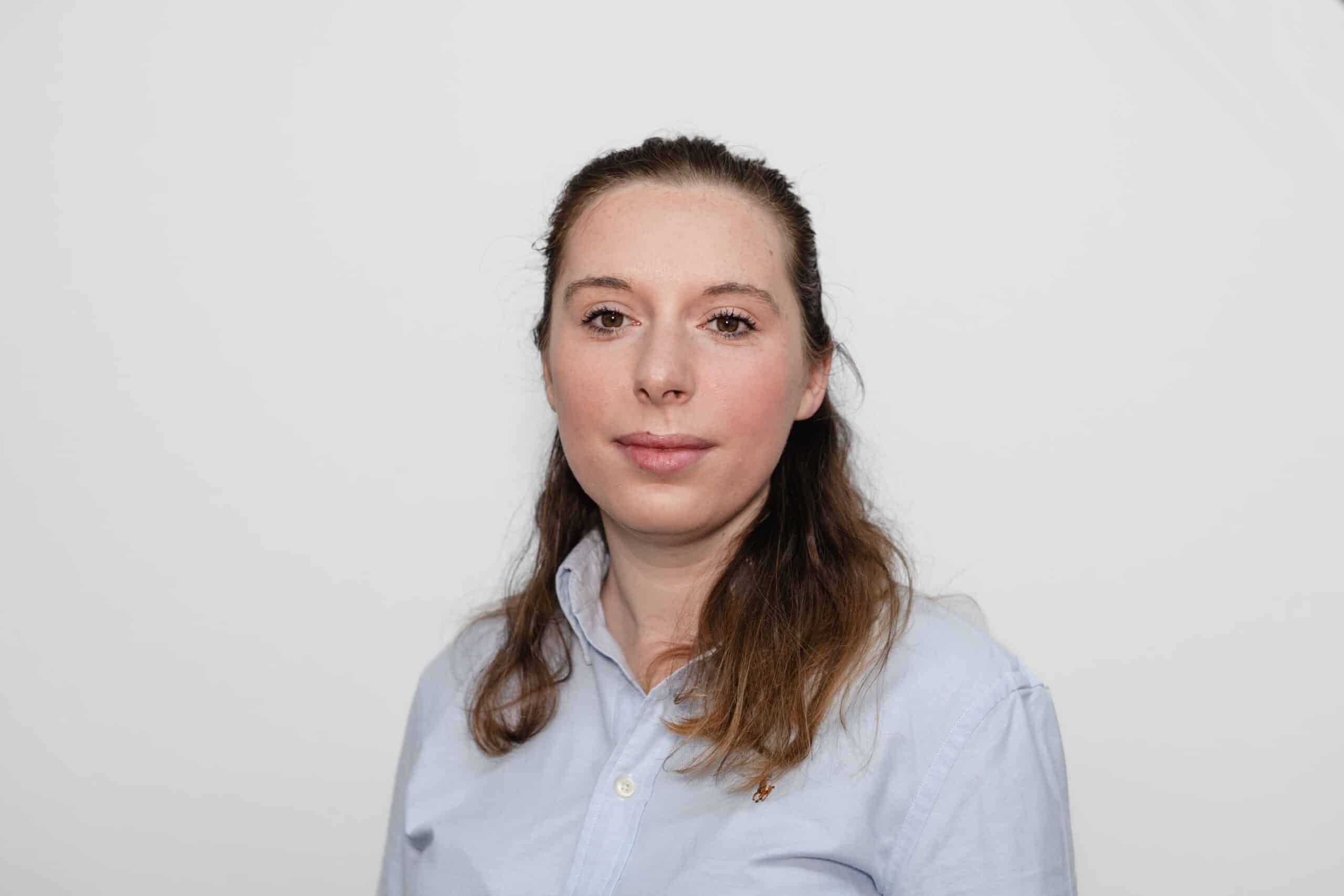What type of pension schemes are we talking about?
When an individual wants to put a property in a pension, the majority of the time we are talking about investing in a self-invested personal pension.
A self-invested personal pension or SIPP is a form of personal pension where the investment can be directed by the member.
The other form of pension you come across is a small self-administered scheme or SSAS. This is a form of occupational pension. It is required to have fewer than 12 members and is less common than a SIPP.
Both a SIPP and a SSAS provide members with a large amount of flexibility in terms of what can be invested in, subject to limitations set by HMRC.
What type of property can a SIPP or SSAS invest in?
A SIPP or SSAS can invest in commercial property, but cannot normally invest in residential property. There is no restrictions on whether the property has to be freehold or leasehold.
Why should my SIPP or SSAS invest in commercial property?
A SIPP or SSAS is a tax-efficient way to invest in commercial property. The common scenario is a business owner will acquire a property with their SIPP or SSAS and then the SIPP or SSAS will lease the property back to the individual’s business. The rental income from the lease is then received by the SIPP or SSAS and used to pay the running costs of the property and the excess is available for further investment.
Is funding available to a SIPP or SSAS?
Yes, they are both able to access mortgage funding in order to purchase a property. This is, however, subject to strict HMRC rules.
How do I put a property in my pension?
The property will be transferred to the pension trustees of the SIPP or SSAS. As a pension is not a separate legal identity the trustees of the pension hold the property in their names on behalf of the members of the pension.
What happens after my pension acquires the property?
As the main benefit of having a property in a pension is that the income stream is afforded tax relief, it is most likely that the property will be subject to lease when acquired by the SIPP or SSAS or the trustees will enter into leases with tenant soon after acquiring the property.
The trustees may have specific requirements in any lease that is granted, mostly concerning any potential liability that the trustees could incur being limited.
It is quite common for a SIPP or SSAS to acquire a property from a member or related company and then grant a lease to a related company. As such it is important that the lease must be made on commercial terms. The tenant must pay an open market rent, which should be confirmed by an open market rental valuation prepared by a RICS qualified surveyor.
If you need any advice on putting property in a pension, please contact a member of our commercial property law team in confidence here or on 02920 829 100 for a free initial call to see how they can help.













